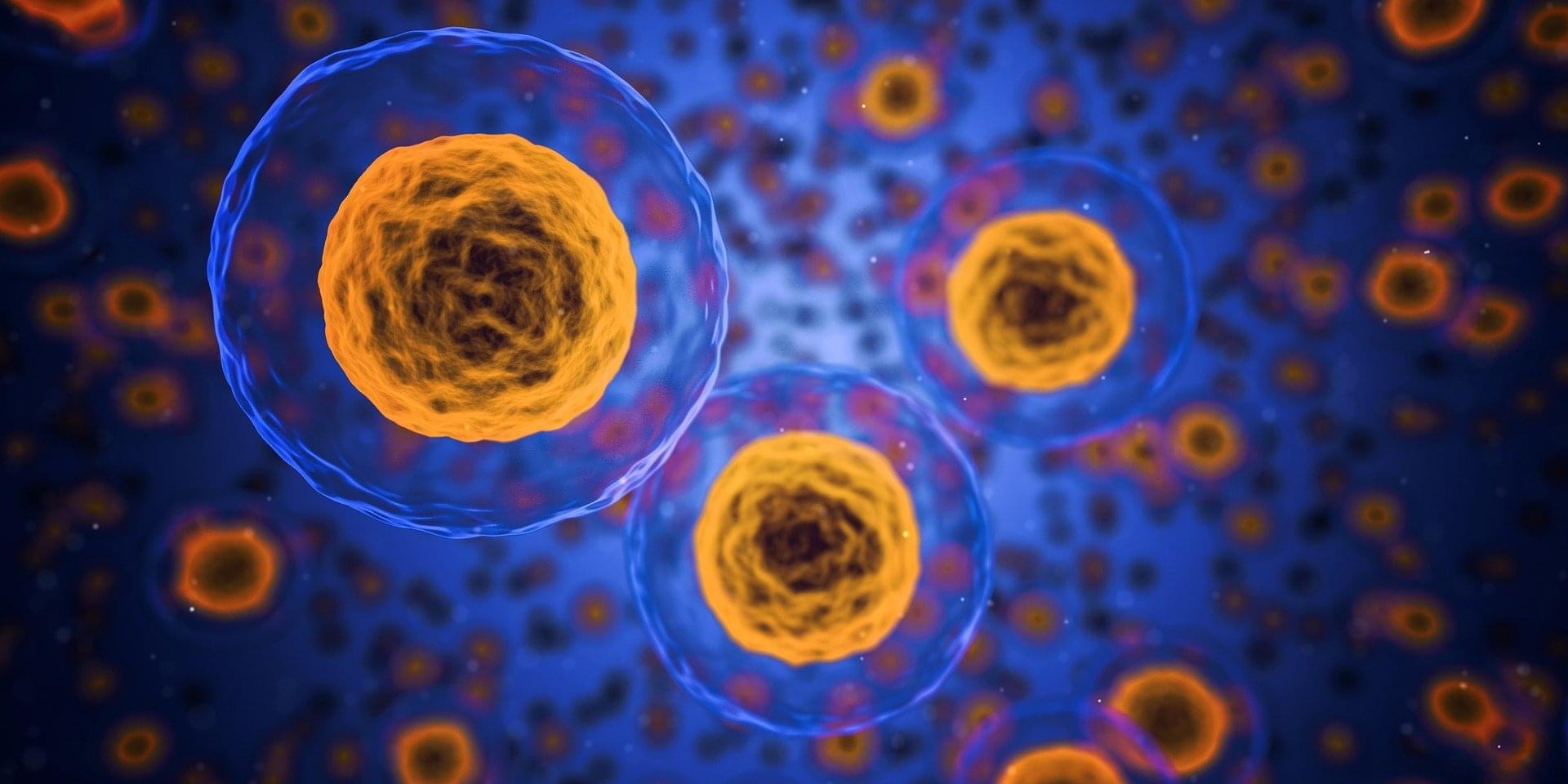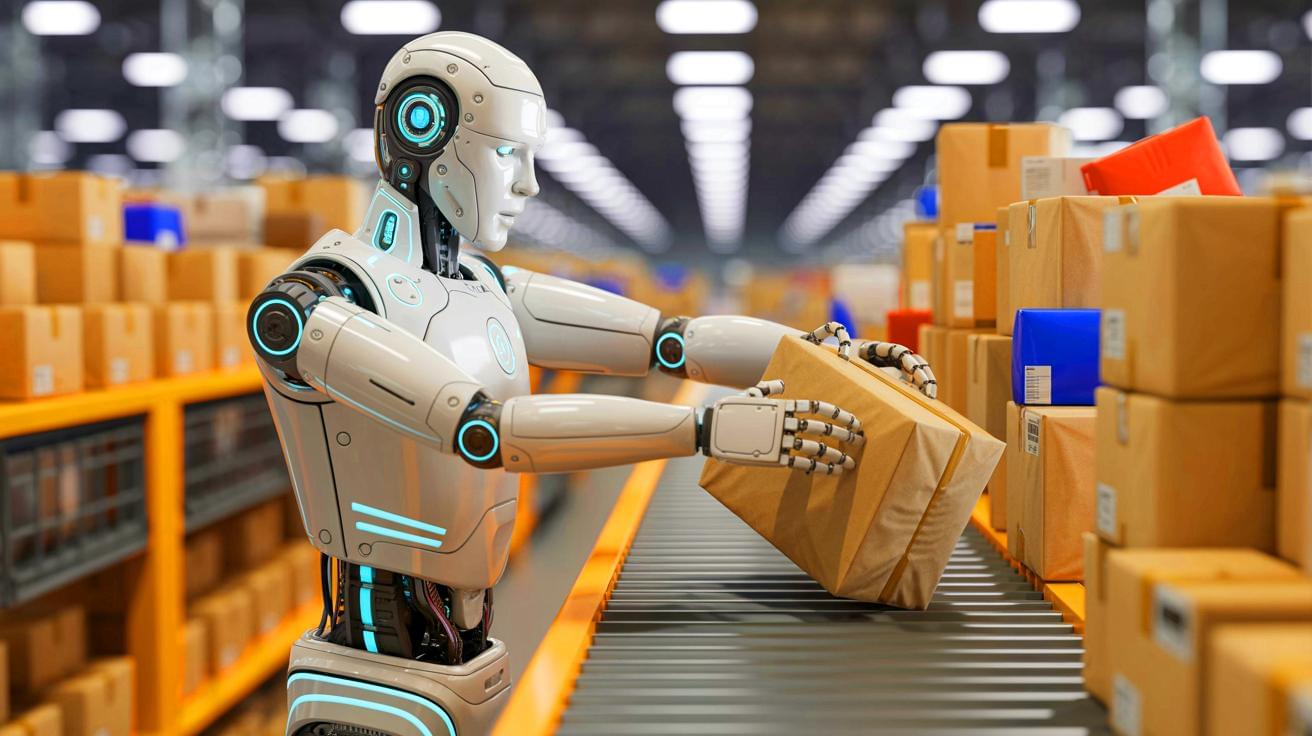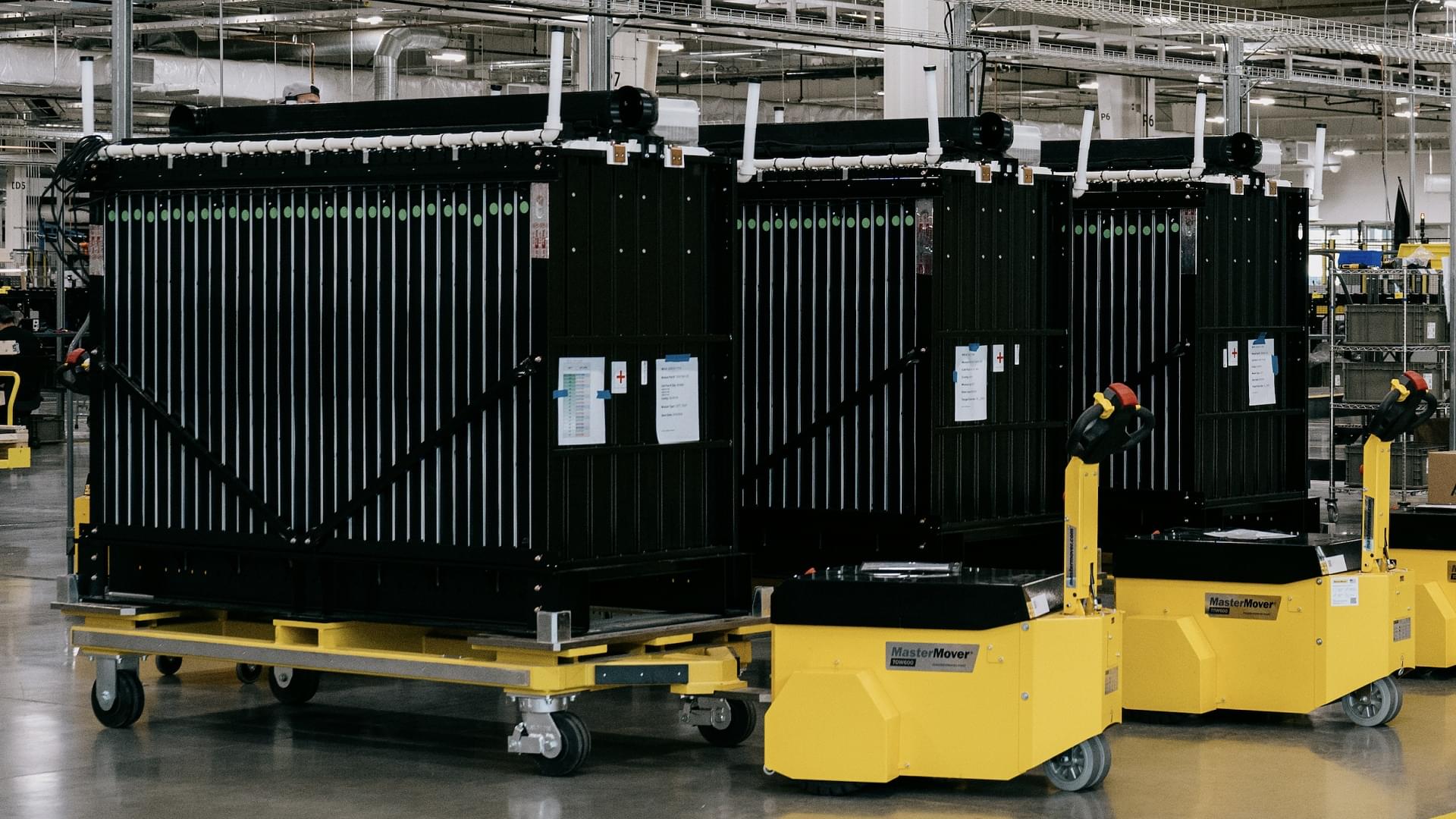Watch Herbert take one of the very FIRST EVER rides on a Tesla Robotaxi in Austin. Herbert was one of a handful of people to be selected as Early Access User…
Get the latest international news and world events from around the world.

Team discovers how tiny parts of cells stay organized, adding new insights for blocking cancer growth
A team of international researchers led by scientists at City of Hope provides the most thorough account yet of an elusive target for cancer treatment. Published in Science Advances, the study suggests a complex signaling process involving paxillin, a focal adhesion protein that acts as a hub to connect with other proteins, may be vulnerable to therapy despite its fluid state.
“Disrupting the interaction of paxillin with focal adhesions bears direct relevance in cancer treatment,” said Ravi Salgia, M.D., Ph.D., the Arthur & Rosalie Kaplan Chair in Medical Oncology at City of Hope’s comprehensive cancer center. “This can lead to precision therapeutics targeting a specific paxillin function that is dominant in cancer cells, but less prevalent in healthy cells.”
The research adds important new details on a hard-to-characterize network of cellular proteins. Dr. Salgia and his team looked closely at paxillin, which prompts cells to change in response to the environment. This helps cancer cells to evolve and evade detection, while also causing resistance to treatment. Dr. Salgia and his team have been working on elucidating the function of paxillin for over three decades. He and his colleagues were the first to clone the full-length human gene in 1995 at Harvard.



How Colonizing Space Benefits Earth — The Ground Level Gains of a Galactic Future
Space colonization isn’t about abandoning Earth—it’s about transforming it. Discover how expanding into space can drive innovation, sustainability, and prosperity right here on the ground.
Watch my exclusive video Fishbowl Starships — Water As Shielding — https://nebula.tv/videos/isaacarthur-fishbowl-starships-water-as-shielding.
Get Nebula using my link for 40% off an annual subscription: https://go.nebula.tv/isaacarthur.
Get a Lifetime Membership to Nebula for only $300: https://go.nebula.tv/lifetime?ref=isaacarthur.
Use the link https://gift.nebula.tv/isaacarthur to give a year of Nebula to a friend for just $36.
Visit our Website: http://www.isaacarthur.net.
Join Nebula: https://go.nebula.tv/isaacarthur.
Support us on Patreon: https://www.patreon.com/IsaacArthur.
Support us on Subscribestar: https://www.subscribestar.com/isaac-arthur.
Facebook Group: https://www.facebook.com/groups/1583992725237264/
Reddit: https://www.reddit.com/r/IsaacArthur/
Twitter: https://twitter.com/Isaac_A_Arthur on Twitter and RT our future content.
SFIA Discord Server: https://discord.gg/53GAShE
Credits:
How Colonizing Space Benefits Earth: The Ground-Level Gains of a Galactic Future.
Episode 726.1; June 22, 2025
Written, Produced & Narrated by: Isaac Arthur.
Graphics: Bryan Versteeg, Jeremy Jozwik, Sergio Botero.
Select imagery/video supplied by Getty Images.
Music Courtesy of Epidemic Sound http://epidemicsound.com/creator.
0:00 Intro — What Space Isn’t.
3:59 The Limits of Exploration.
6:58 Real Reasons Space Helps Earth.
15:50 The Earthly Feedback Loop.
20:58 A Better Earth, Among the Stars.

Texas governor signs bill adding Bitcoin to official reserves
Texas Governor Greg Abbott has signed Senate Bill 21 (SB21), officially authorizing the creation of the Texas Strategic Bitcoin Reserve, a state-managed fund that will hold Bitcoin as part of the state’s long-term financial assets.
The newly established reserve operates independently of Texas’ general treasury system and aims to strengthen the state’s financial resilience while serving as a potential hedge against inflation, according to the bill text.
Furthermore, only assets with a market capitalization exceeding $500 billion are eligible for inclusion, a threshold currently met only by Bitcoin (BTC).

“Robots Are Taking Over”: This Groundbreaking Video Shows Figure 02 Robot Mastering Human-Like Package Sorting Skills with Precision and Speed
IN A NUTSHELL 🤖 Figure 02 robot achieves near-human package sorting skills with a 95% scanning success rate. 🚀 Powered by the Helix visuomotor system, the robot processes packages in just over four seconds. ✨ Integration of short-term visual memory and force feedback enhances adaptability to various parcel types. 📦 Figure 02’s advancements indicate a


This Groundbreaking Quantum Clock Ticks With Incredible Precision and Almost No Energy Loss, Setting a New Global Standard
IN A NUTSHELL ✨ Scientists developed a new quantum clock that achieves extraordinary precision with reduced energy consumption. 🔬 The clock operates on the principle of coherent quantum transport, minimizing energy loss by avoiding constant measurement. 💡 This innovation could significantly impact quantum computing and other technologies requiring precise synchronization. 🌍 Researchers are building prototypes